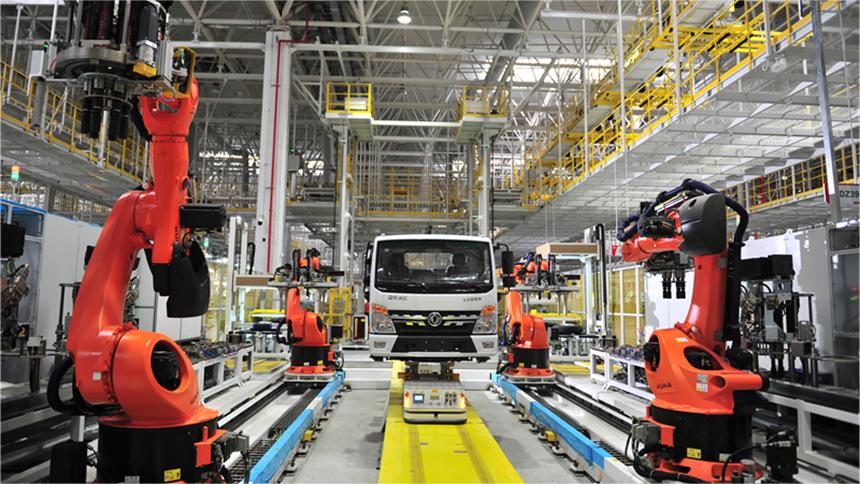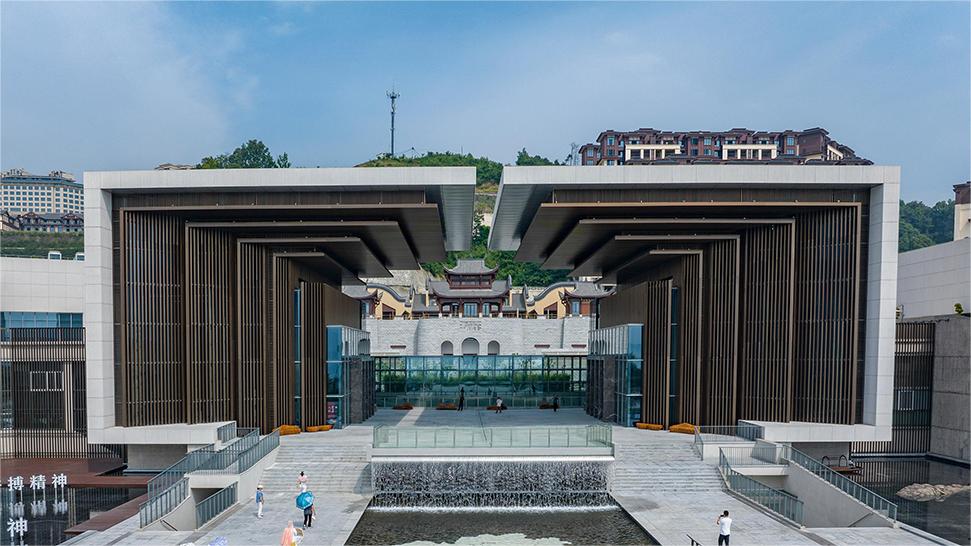Experts laud growing agricultural cooperation between China, Africa
SANYA, June 14 (Xinhua) -- Willy, a farmer on Santiago Island in Cape Verde in Africa, has learned to identify soil nutrients thanks to the training by Chinese experts. He also learned to replenish soil nutrients with goat waste and crop straw, which helped bring higher crop yields.
"I saved money on fertilizer, and now I can invest in other areas of the farm," he said.
The training that Willy participated in forms part of a soil management and pest control training program organized in Cape Verde by the Food and Agriculture Organization of the United Nations (FAO) under the FAO-China South-South Program.
Drought, soil erosion, pests, and diseases have severely affected food production in Cape Verde, and the program provides agricultural technical assistance through Chinese experts to improve food production and nutritional security in the country.
Under the above program, many Chinese experts have been working in Africa for a long time, carrying out technical assistance in areas such as food production, plant protection, rural energy, and agricultural mechanization, Ye Anping, director of the FAO's South-South and Triangular Cooperation Division, said at the Workshop on China-Africa Agricultural Science and Technology Cooperation under FAO South-South Triangular Cooperation Framework in Sanya, south China's Hainan Province.
"Many of China's agricultural technologies are easy to understand, highly operational, and low-cost, which means strong practicability for Africa," Ye said.
China-Africa agricultural technological cooperation has enabled Africa to increase food production. For instance, the total plantation area of super rice varieties provided by the Chinese Academy of Agricultural Sciences has reached 57,000 hectares in Africa, registering an average yield of more than 20 percent higher than those of local varieties. A cassava variety introduced to Africa by the Chinese Academy of Tropical Agricultural Sciences produces four times more cassava than local varieties.
Felix Dapare Dakora, former president of the African Academy of Sciences, has a heartfelt wish: to end the plight of African children going to bed hungry and ensure that all Africans have access to nutritious food.
"Learning from China is the right path," he said, lauding China's remarkable achievements in solving food shortages through technological innovation.
China and Africa have established extensive cooperation in the agriculture sector under multiple mechanisms, such as the Belt and Road Initiative and the Forum on China-Africa Cooperation, which have played positive roles in helping Africa strengthen food security, added Dakora.
"I'm happy to say that we are on the verge of implementing or putting into action this new organization called China-Africa Agricultural Science and Technology Innovation Alliance," said Laila Barnaba Lokosang, senior technical coordinator at the African Union Commission.
Lokosang added that the alliance will provide a new platform for researchers from both sides to collaborate on tackling practical issues and finding solutions in Africa's agriculture industry.
At the workshop, participants from Burkina Faso and other countries said that many African countries are suffering from severe drought, and drought-tolerant crops are urgently needed to meet the challenge of climate change.
In response, Chinese experts introduced new varieties of drought-tolerant corn, millet, sweet potato, sorghum, and other crops and expressed their willingness to cooperate further.
More cooperation projects are on the way. In about ten days, experts from the Chinese Academy of Tropical Agricultural Sciences will leave for Nigeria, Tanzania, and Cote d'Ivoire for cooperation and exchanges with local agricultural departments, scientific research institutions, and enterprises. A cassava joint lab will also be established during the process.
Photos
Related Stories
- Chinese agricultural hub nurtures talent for SCO member states
- Chinese researchers use gene editing to combat wheat "cancer"
- Chinese experts establish platform to identify, utilize superior genes in wild rice
- Chinese FM meets S. African counterpart on ties
- China's farm produce wholesale prices edge down
Copyright © 2024 People's Daily Online. All Rights Reserved.









